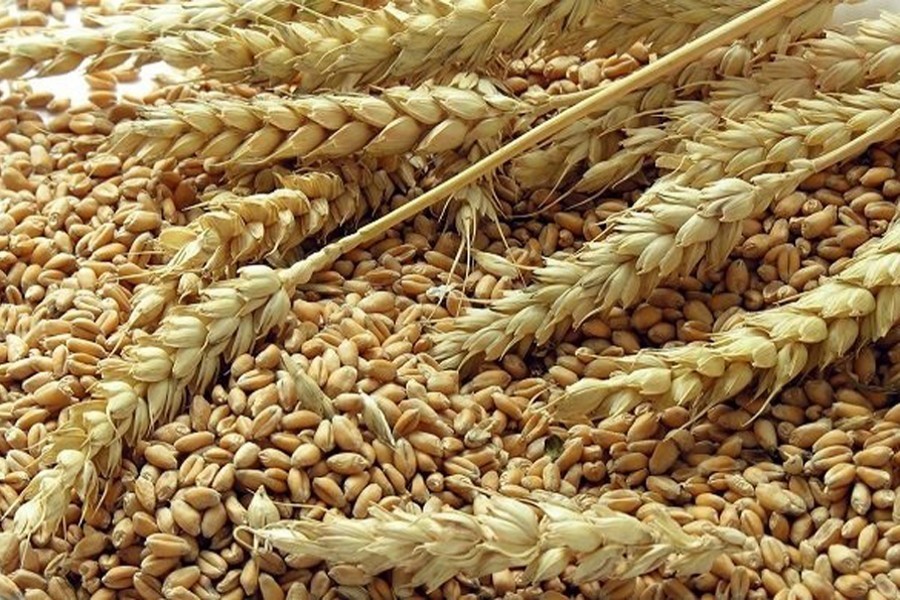
Published :
Updated :

Despite the reprieve in global food prices and the resumption of grain exports from the Black Sea, five UN and multilateral development and trade organisations on Wednesday warned that food remained beyond reach for many due to high prices and weather shocks.
"The number of people facing acute food insecurity worldwide is expected to continue to rise," the global bodies said in a joint statement issued in Washington, calling for urgent action to address the global food security crisis.
It was second statement issued jointly by Food and Agriculture Organization of the United Nations (FAO) Director General Qu Dongyu, International Monetary Fund (IMF) Managing Director Kristalina Georgieva, World Bank Group (WBG) President David Malpass, World Food Programme (WFP) Executive Director David Beasley and World Trade Organization (WTO) Director General Ngozi Okonjo-Iweala.
They also expressed their commitment to work together to address the immediate food security issue.
According to the statement, the war in Ukraine continues to exacerbate the global food security and nutrition crisis, with high and volatile energy, food and fertilizer prices, restrictive trade policies, and supply chain disruptions.
The heads of the organisations called for maintaining momentum on these fronts and building resilience for the future.
It will require, according to the statement, a continued comprehensive and coordinated effort to support efficient production and trade, improved transparency, accelerating innovation and joint planning, and investing in food systems transformation.
It urged the governments in all countries to urgently re-examine their agricultural trade and market interventions, such as subsidies and export restrictions, to identify and minimise distortions.
Countries should follow through on commitments made at the WTO's 12th Ministerial Conference to restrain export restrictions on food and fertilizers and put in place trade facilitation measures, it added.
"We also welcome clarifications of relevant regulations to allow critical agricultural inputs such as fertilizers to move swiftly to countries in need."
The statement said food market monitoring serves as an important and efficient early warning mechanism and must be supplemented with transparent tracking of financing by the international community to respond to the food crisis.
It suggested the governments provide necessary data and resources to support the Agricultural Market Information System (AMIS) , which enhances transparency in food markets through monitoring the prices and availability of major food crops and promoting policy responses.
It also pointed out that agricultural research and development is a chronically underinvested sector, while it has one of the highest returns on public spending.
"Innovation is crucial for meeting the long-term challenges to global food security and nutrition posed by climate change, land and ecosystem degradation, pests, and transboundary plant and animal diseases."
The heads of the organisations called for strengthening the resilience of food systems to risks, including conflict, extreme weather events, economic shocks and diseases which would be the key for the longer-term response.
They recommended addressing both infrastructure bottlenecks and input supply bottlenecks (e.g., fertilizers and seeds) are critical to an efficient food supply system, they said, adding that the private sector has a critical role to play.
"We remain committed to working together to address immediate food security and nutrition needs, tackle structural market issues that may exacerbate adverse impacts, and build countries' resilience to prevent and mitigate the impacts of future crises," they said.


 For all latest news, follow The Financial Express Google News channel.
For all latest news, follow The Financial Express Google News channel.